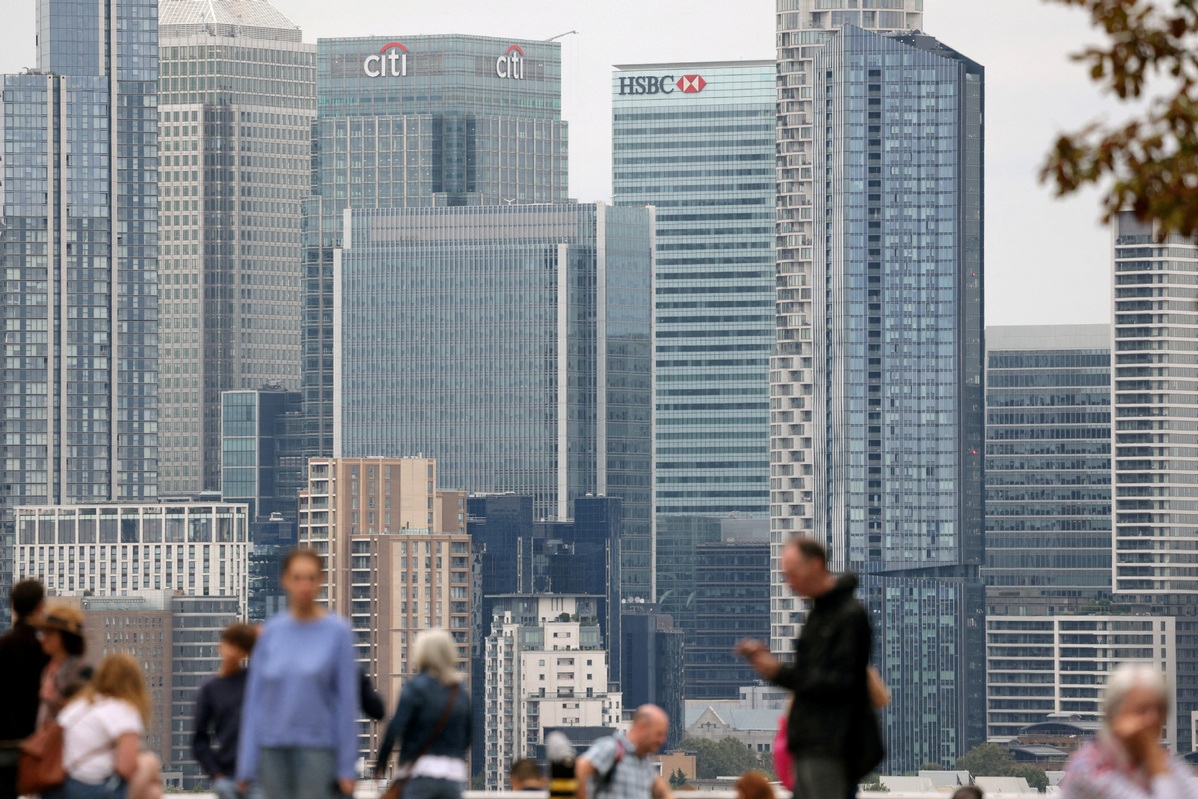London mayor says Brexit has cost UK over $178 bln so far
Updated: 2024-01-11 18:56

LONDON - Britain's departure from the European Union has reduced the size of its economy by 6% so far - an annual cost of 140 billion pounds ($178 billion) - London Mayor Sadiq Khan said on Thursday, with the shortfall seen reaching 10% by 2035.
Khan, a member of the opposition Labour Party, which voted against Brexit in a 2016 referendum, based his statement on a report he commissioned from economic consultants Cambridge Econometrics, who estimated how fast the economy would have grown if Britain had voted to stay in the EU.
"It's now obvious that Brexit isn't working. The hard-line version of Brexit we've ended up with is dragging our economy down and pushing up the cost of living," Khan said in remarks released before a speech he is due to give later on Thursday.
Labour has a big lead over Prime Minister Rishi Sunak's Conservatives before an election, which Sunak intends to call in the second half of this year.
However, Labour Party leader Keir Starmer has been cautious about giving details of how he would strengthen ties with the EU.
Cambridge Econometrics' estimate of the costs of Brexit is higher than some other recent ones.
Britain's National Institute of Economic and Social Research (NIESR) estimated in November that Brexit had reduced the size of the economy by 2%-3%, with the impact expected to rise to 5%-6% by 2035.
Jonathan Haskel, a Bank of England policymaker, estimated in a private capacity last year that Brexit had damaged business investment enough to lower GDP by 1.3% by the end of 2022 - equivalent to 1,000 pounds per household per year.
Cambridge Econometrics said Brexit was expected to lower annual economic growth in Britain by 0.4 percentage points between now and 2035, lower employment levels by 3 million by 2035 and reduce investment by a third.
Assessing the implications of Brexit has been complicated by the COVID-19 pandemic just months after Britain formally left the EU in January 2020.
Net migration to Britain has soared, as a new system of work visas led to a big rise in immigration to Britain from outside the EU, outweighing a fall in the number of immigrants from the EU who previously did not need visas.
Reuters
























